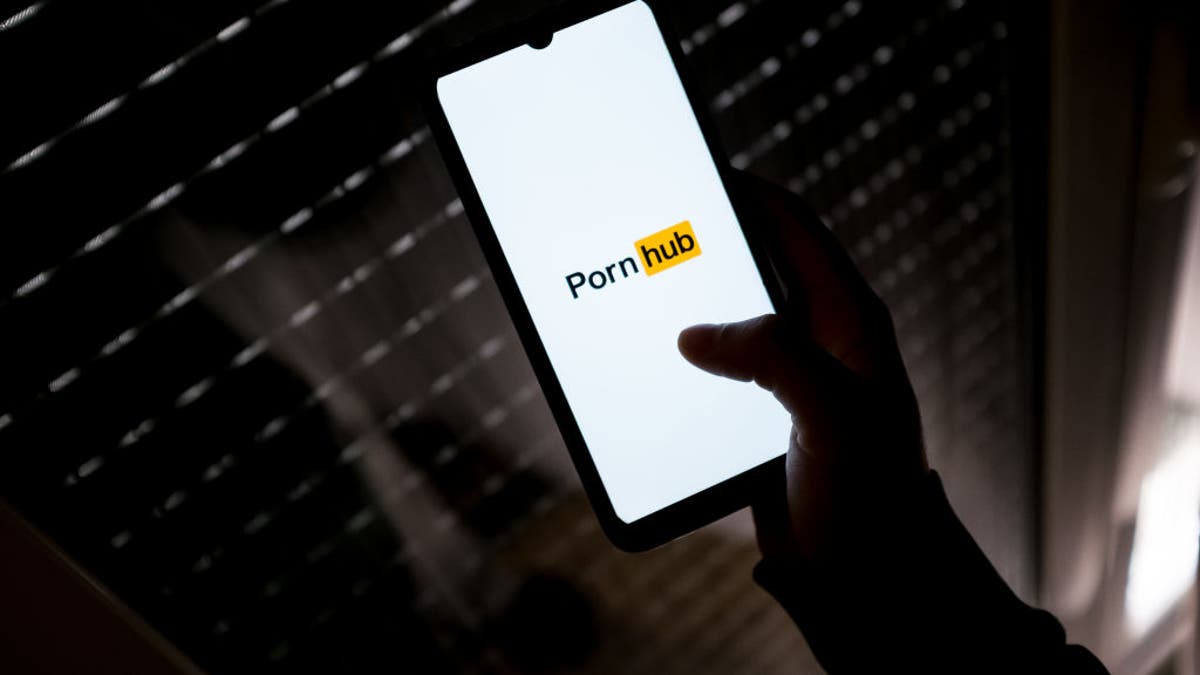Beginning January 1, 2025, Florida residents will lose access to Pornhub due to a new state law mandating age verification for adult websites. This law, HB 3, designed to protect minors online, requires sites with a "substantial portion of material harmful to minors" to verify users are 18 or older. Pornhub's parent company, Aylo, while stating its support for age verification in principle, objects to Florida's implementation, claiming it compromises user privacy and safety by requiring the collection of sensitive personal data.
Former adult film actress and now pastor, Brittni De La Mora, advocates for mandatory age verification laws nationwide to safeguard children. Speaking on "The Ingraham Angle," she criticized Aylo's decision, arguing that the company prioritizes profits over child protection. De La Mora highlighted the prevalence of accidental exposure to pornography among minors, citing statistics indicating that 58% of minors first encountered explicit content unintentionally. She emphasized the need for accountability within the adult entertainment industry and stressed that age verification measures do not infringe upon First Amendment rights.
Aylo argues that Florida's approach is ineffective and risky, preferring device-based age verification as a safer alternative. They claim this method, already technologically feasible, would protect user data while preventing underage access. The company also pointed to existing parental control features on devices as another avenue for preventing children from viewing adult content.
Currently, Florida Pornhub users see a pop-up countdown displaying their remaining access time. This pop-up criticizes the law's requirement for government ID uploads for adult website access and suggests device-based age verification as a better solution.
De La Mora, drawing on her seven years of experience in the adult film industry, expressed concern about the influence of explicit content on young people's understanding of sex. She described how violent and abusive acts, often depicted in pornography, are becoming normalized and shaping young people's sexual expectations. She recounted conversations with young girls who expressed reluctance to engage in sex after their first experiences, attributing this to the distorted perceptions of intimacy fostered by pornography.


De La Mora concluded by reiterating her support for government intervention in protecting children from harmful online content, asserting that such measures are a governmental obligation, not a violation of constitutional rights.
Comments(0)
Top Comments